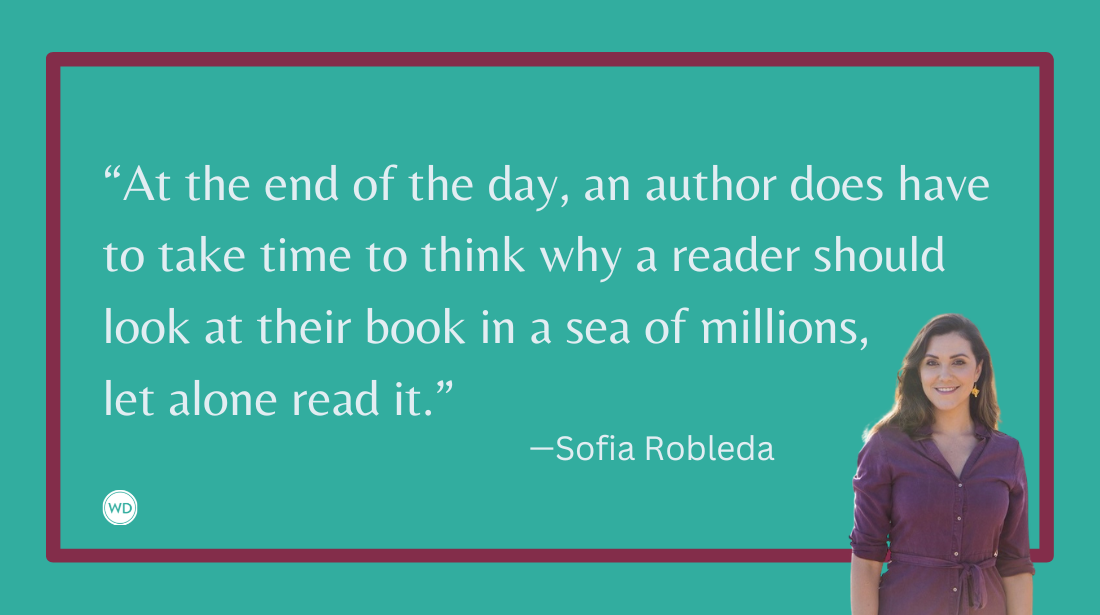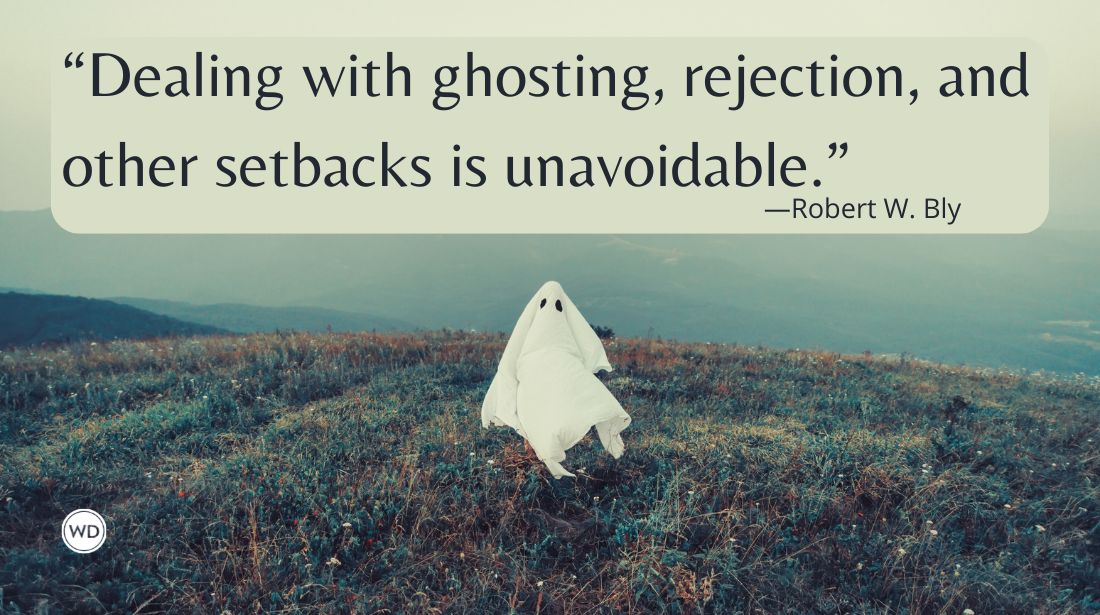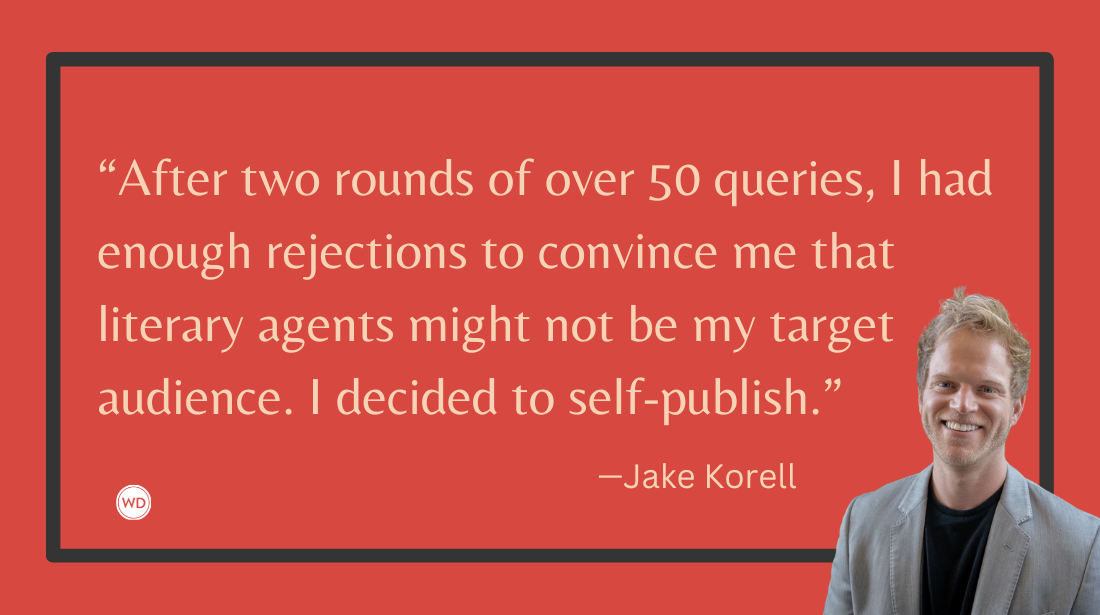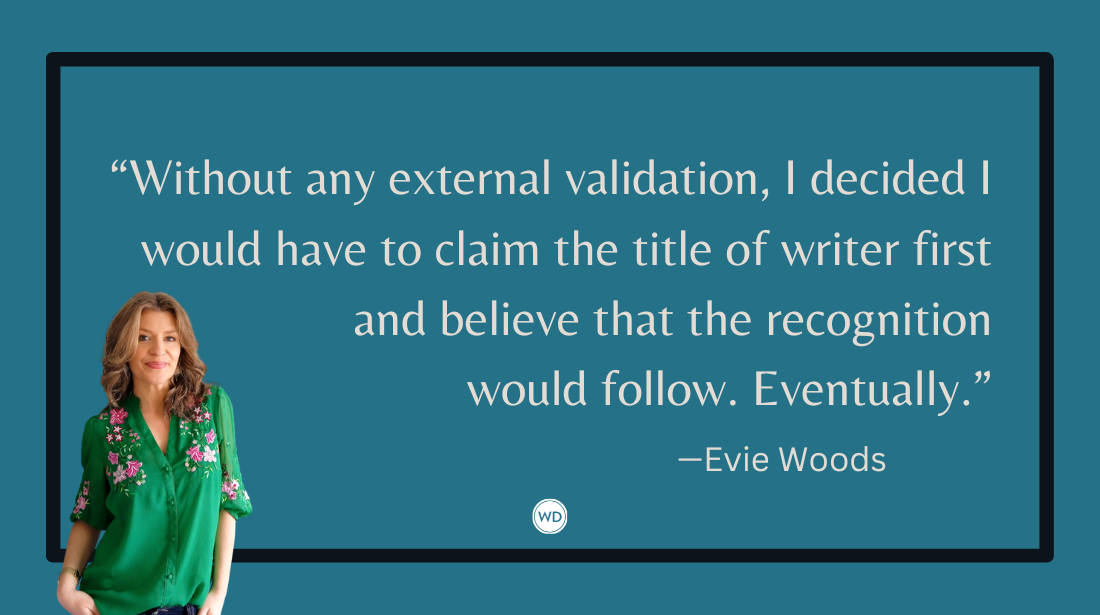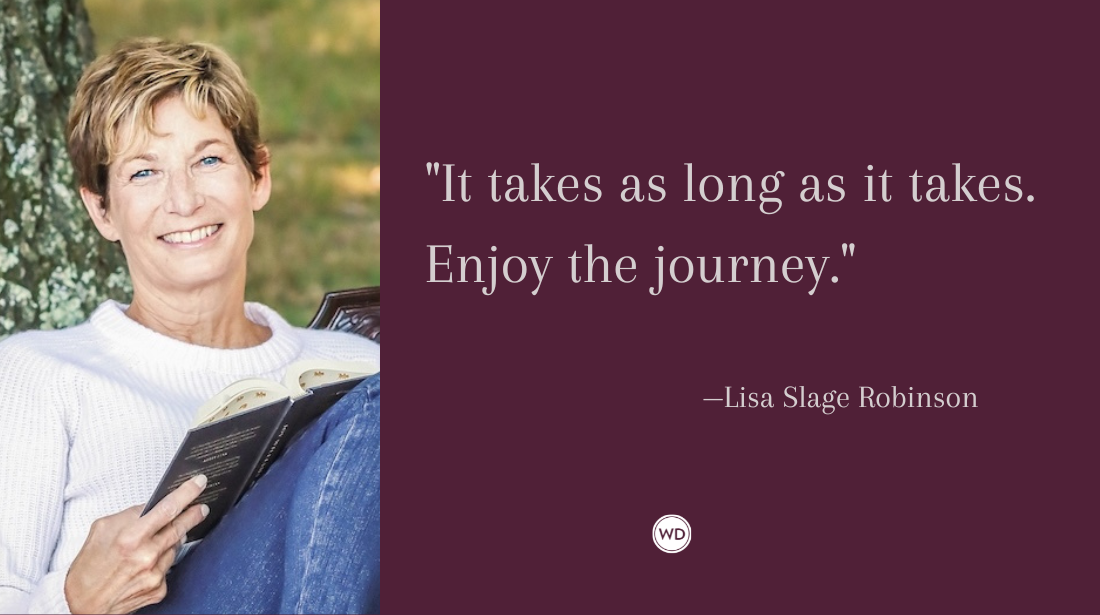Comp Titles: Stop Freaking Out and Start Finding Your Book’s BFFs
Author Allison K Williams guides authors through the sometimes frustrating process of finding comp titles for queries and book proposals.
I hear two common ways authors think about comps, and they’re both wrong.
Comp titles—short for “competitive titles” or “comparable titles”—are the books you name in your query or proposal to show that readers are eager for books like yours. They’re a shorthand way to discuss your book’s themes, subject matter, cultural relevance, or the way readers will feel when they experience your story.
Finding the right comps means reading, doing market research, and understanding why people (including yourself!) buy books. Unfortunately, the process can be tricky and tedious when you first start looking, and two common feelings come up.
Ignorance Is Bliss (But Won’t Sell Your Book): “My book is totally unique! There’s nothing like it on the market!”
I have sad news: If your book is truly unlike anything ever published, it’s either revolutionary genius or (more likely) unpublishable. Fortunately, it’s more likely that your book is just fine, and you’re not looking in the right places, or with the right mindset.
Outdated & Overrated: “My book is Bestseller A (published 2002) meets Book No-One’s Heard Of (published 1998).”
These authors are trying! They’ve found a genuine connection between books that inspired them, that they want to be shelved with, and that share story elements. But markets change, and already-famous authors have a head start. Comps that are too old, or too famous, don’t tell agents and publishers how your debut novel or memoir will sell right now.
Books need context. They need friends. And just like humans, they need friends their own age, in a social class they’re ready to run with. Your book is making its way in the world as a freshman. The head cheerleader’s prom-date prospects aren’t a yardstick for your own social life—just like your mom’s dating advice from 20 years ago isn’t entirely useful now.
Good Comp Titles Serve 3 Essential Purposes
Comp titles are your book’s clique.
They tell agents where your manuscript belongs in the vast publishing world. Without comps, your book is standing with a lunch tray, wondering where to sit. Comps say, “I’ll be in the Home Ec room after school with the other cooking memoirs.”
Comps prove you’re not delusional.
Appropriate titles show you understand your place in the market. That other first-time writers were successful with books like yours. Comparing your debut thriller to Gone Girl or your literary fiction to Toni Morrison is aspirational; believe it with all your heart and keep it inside your head. Pick a cafeteria table with people who will actually talk to you (and maybe blurb your book!)
Comps are shorthand for your book’s vibe.
Your best comps telegraph tone, style, and reader experience faster than a three-paragraph plot summary ever could. “It’s HOW TO SAY BABYLON (2024) meets SOLITO (2022)” immediately conjures a specific type of memoir about personal transformation through challenging circumstances.
Find Your Book’s BFFs (Without Losing Your Mind)
Step 1: Stop Overthinking and Start Looking
The biggest mistake authors make is treating comp titles like a desperate search for the holy grail. Your comps won’t be perfect doppelgängers of your book—they just need to share meaningful DNA.
Head to a physical bookstore or library (yes, leave your house) and look for where you’ll be shelved. What else is there? Read back covers. Read opening pages. Take photos of promising titles. (And note these author’s agents as people to query yourself—check the Acknowledgements)
While you’re there, ask the bookseller or librarian: “If someone liked these books, what else would you recommend?” Booksellers are walking comp-title machines. Use them. (And buy a book.)
Step 2: Get Specific
Your ideal comps are:
- Published within the last 2-3 years (5 years absolute max)
- Moderately successful but not mega-bestsellers
- Similar to your book in at least one significant way (theme, tone, style, structure, audience)
- From traditional publishers (if you’re querying traditional agents)
Don’t get trapped trying to match your exact plot. Think laterally. If you wrote a memoir about rebuilding your life after losing your job, your comps might include books about divorce, health crises, or starting over in a new country—the emotional journey matters more than the specific circumstances.
Step 3: Dive Into the Digital Treasure Hunt
Start with those books that are too old and too famous. Look them up on Amazon and scroll down to the category rankings:
Amazon Best Sellers Rank: #8,742 in Books
- #42 in Travel Humor
- #156 in Adventure Travel
- #89 in Travelogues & Travel Essays
Click on those categories for lists of similar books. Look for titles ranking between #10,000 and #100,000 in overall Books—popular enough to show market viability but not so big they’re unicorns.
For those same books, scroll to the “Readers also enjoyed” section, and explore anything published in the last three years.
Step 4: Test the Vibes
For each potential comp, ask yourself:
- Would my ideal reader also enjoy this book?
- Does this book have a similar emotional impact to mine?
- Does this comparison make my book sound intriguing rather than derivative?
- Would I be proud to have my book next to this one on a shelf?
If you answer yes to at least three, you’ve found a comp contender.
Mastering the Comp Statement
Now that you’ve found your comps, don’t just list them. Showcase your book’s unique position in context.
Instead of: “My book is like LESSONS IN CHEMISTRY and WHERE THE CRAWDADS SING.” (Too famous, too vague, becoming dated)
Try: “My memoir of Malay childhood combines deep-dive research like Stephanie Foo’s WHAT MY BONES KNOW (2024) with the wry familial observations of Michelle Zauner’s CRYING IN H MART (2022) as I navigate discovering my father’s secret second family at my mother’s funeral.” (Specific, current, shows tone and content)
For fiction, get creative: THE BOOK OF DOORS (2024) meets THE SICILIAN INHERITANCE (2024) in my dual-timeline novel blending traditional folklore and a generational mystery.” (Specific, current, shows the book’s place within the genre)
Exceptions Prove the Rule
Querying in the UK, or just very confident in your “inappropriate” comps? Embrace it, while knowing you’re an outsider. “My book is SCREAM meets THE SECRET HISTORY”—comping mass media and a huge bestseller, both outdated, might still be what sells your book. But break those rules purposefully, because you’ve already investigated more current debut books. Remember those quirky drama nerds? They didn’t put those capes on by accident. But they, too, could see who was Trying Too Hard.
The Power of Finding Your People
Comp titles aren’t just for querying—they’re your future clique as a published author. The writers whose audience you’ll share, whose events you might appear at, who may blurb your book. Follow them on social media. See how they promote their work. Notice which publications review their books. Map your future literary neighborhood.
Your best comps are like your best friends—it’s worth the work to find them, and maintaining those connections can be powerful. Best of all? Unlike high school, the clique doesn’t choose you. You get to pick, and your book’s best friends are out there waiting to be found.
Check out Allison K Williams' Seven Drafts here:
(WD uses affiliate links)





